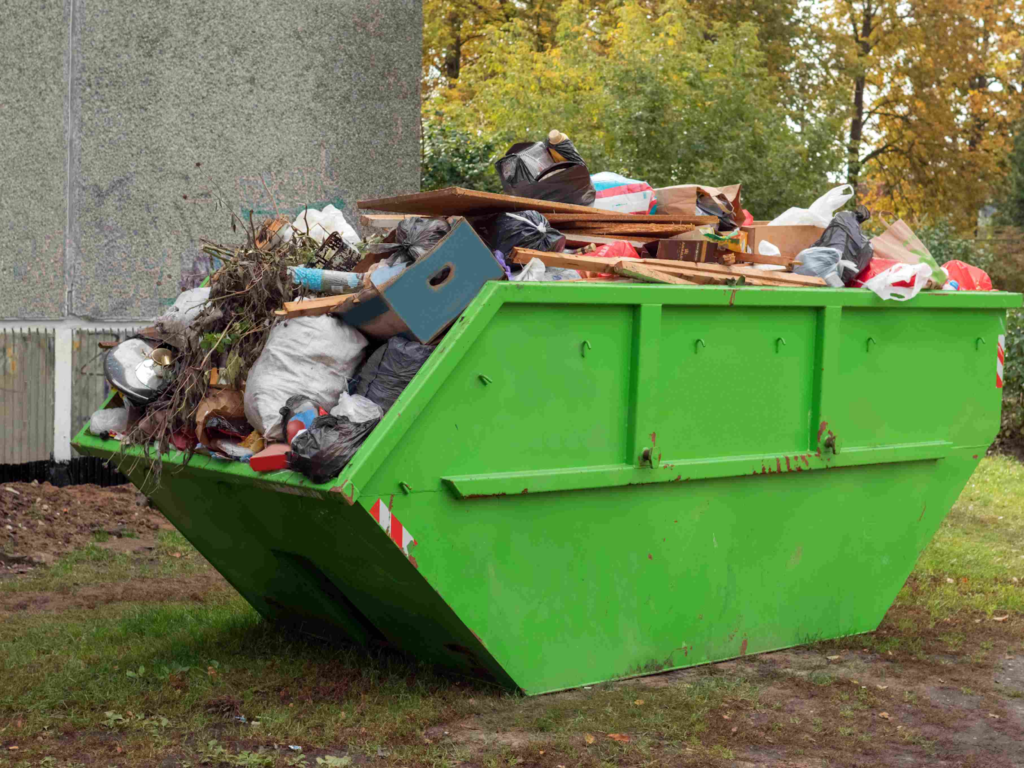In today’s environmentally conscious world, skip bin recycling has become an essential component of waste management for both residential and commercial projects. Understanding the principles of skip bin recycling can help you minimise your ecological footprint, streamline your waste disposal processes, and potentially save costs. This guide provides a comprehensive overview of what you need to know about skip bin recycling, from its benefits to the steps involved in ensuring effective waste management.
What Is Skip Bin Recycling?
Skip bin recycling refers to the process of collecting, sorting, and processing various types of waste materials contained within skip bins to divert them from landfills. By using skip bins for recycling, you can significantly reduce the amount of waste that ends up in landfills while contributing to a more sustainable environment. The materials commonly recycled through skip bins include metals, plastics, paper, cardboard, and organic waste.
Benefits of Skip Bin Recycling
- Environmental Impact: Recycling through skip bins helps conserve natural resources and reduces pollution. By recycling materials, you contribute to lowering greenhouse gas emissions associated with manufacturing new products.
- Cost-Effective: Many skip bin services offer competitive pricing for recycling services. By segregating recyclable materials from non-recyclable waste, you can potentially reduce your overall waste disposal costs.
- Convenience: Hiring skip bins for recycling simplifies waste management. You can have a designated skip bin delivered to your location, making it easy to dispose of unwanted materials in an organised manner.
- Legal Compliance: Many regions have regulations regarding waste disposal. By utilising skip bin recycling, you can ensure compliance with local laws and avoid potential fines.
Types of Materials That Can Be Recycled
Understanding the types of materials that can be recycled through skip bins is crucial for effective waste management. Here’s a breakdown of common recyclable materials:
1. Metals
Aluminium and steel are among the most commonly recycled metals. Items such as cans, appliances, and scrap metal can all be collected in skip bins. Recycling metals saves energy and reduces the need for mining new materials.
2. Plastics
Various types of plastics can be recycled, including PET bottles, HDPE containers, and PVC materials. However, it’s essential to check with your skip bin provider regarding their recycling policies for specific plastics, as some may not be accepted.
3. Paper and Cardboard
Recyclable paper products include newspapers, magazines, cardboard boxes, and office paper. Ensure that these materials are clean and free from contaminants like food waste for successful recycling.
4. Organic Waste
Composting organic waste, such as food scraps and yard waste, can be an effective way to recycle organic materials. Many skip bin services offer separate bins for organic waste collection.
5. Electronics
E-waste recycling is becoming increasingly important as electronic devices become obsolete. Old computers, phones, and other electronic gadgets can often be recycled, but you should consult with your skip bin provider for specific procedures.
Steps to Effectively Use Skip Bin Recycling
To make the most of your skip bin recycling experience, follow these steps:
1. Choose the Right Bin Size
Selecting the appropriate skip bin size is crucial. Assess the volume of waste you expect to generate and choose a bin that accommodates your needs without overloading it.
2. Sort Your Waste
To maximise recycling efficiency, sort your waste into categories. Place recyclable materials like metals, plastics, and paper in their designated sections while keeping non-recyclables separate.
3. Clean Your Materials
Ensure that your recyclable materials are clean and free from food residues or contaminants. For example, rinse out food containers before placing them in the bin to prevent contamination.
4. Communicate with Your Provider
Discuss your recycling goals with your skip bin provider. They can provide guidance on what materials are acceptable for recycling and any specific requirements you should follow.
5. Follow Local Regulations
Familiarise yourself with local recycling regulations. Different regions may have specific rules regarding what can and cannot be recycled, so ensure you are compliant to avoid penalties.
Conclusion
Skip bin recycling is an invaluable resource for efficient waste management in any project. By understanding the types of materials that can be recycled, the benefits of recycling, and the steps necessary to effectively use skip bin services, you can significantly reduce your environmental impact. As you embark on your next project, remember that skip bin recycling and even tyre recycling not only aid in sustainable waste disposal but also contribute to a greener planet for future generations. Embrace skip bin recycling as part of your waste management strategy and play your part in promoting sustainability within your community.






More Stories
Why Custom Printed Freezer Paper is the Secret Ingredient for Your Food Storage Needs?
Commes De Garcon choice in the fashion world
Night Face Cream: Achieve Youthful Skin with Collagen Re-Inforce 3D Advanced Face Lift Night Cream